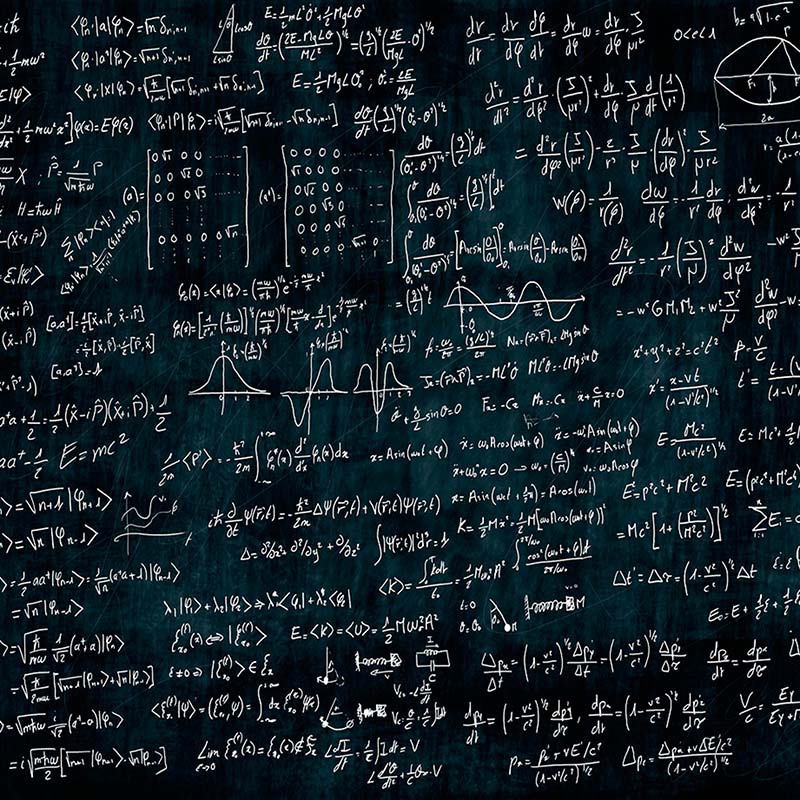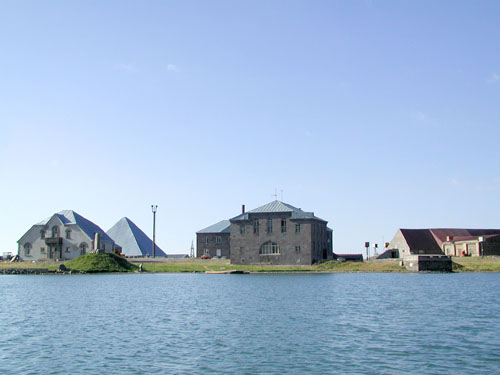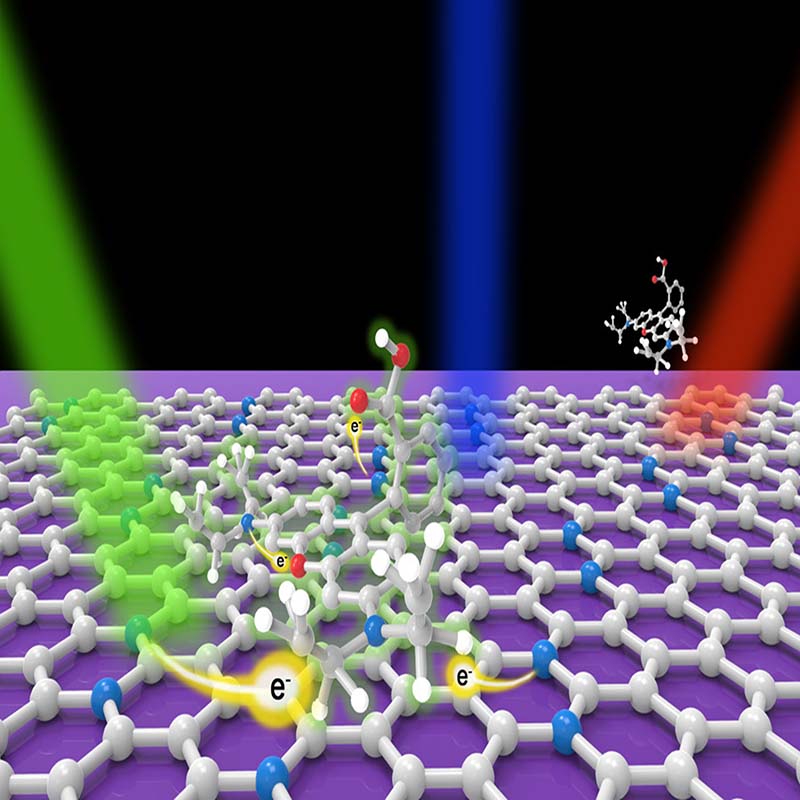

Journey through Modern Explorations
in QFT and beyond - 2⊗25
Published 07/05/2025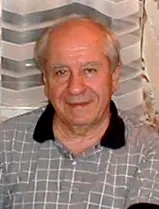
VII MATINYAN SEMINAR
Published 01/01/2025
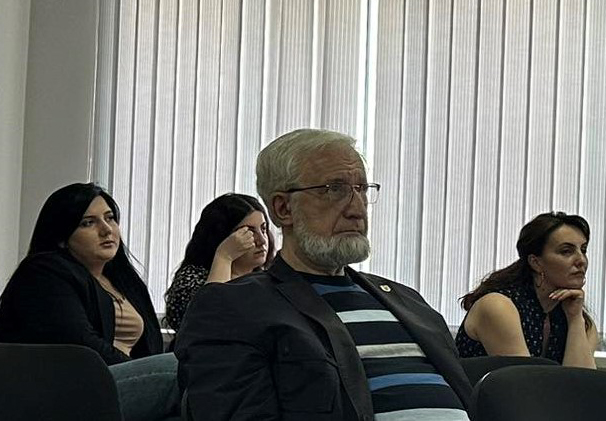
75th anniversary of prof. Norayr Akopov
Published 19/01/2024
VI MATINYAN SEMINAR
Published 04/01/2024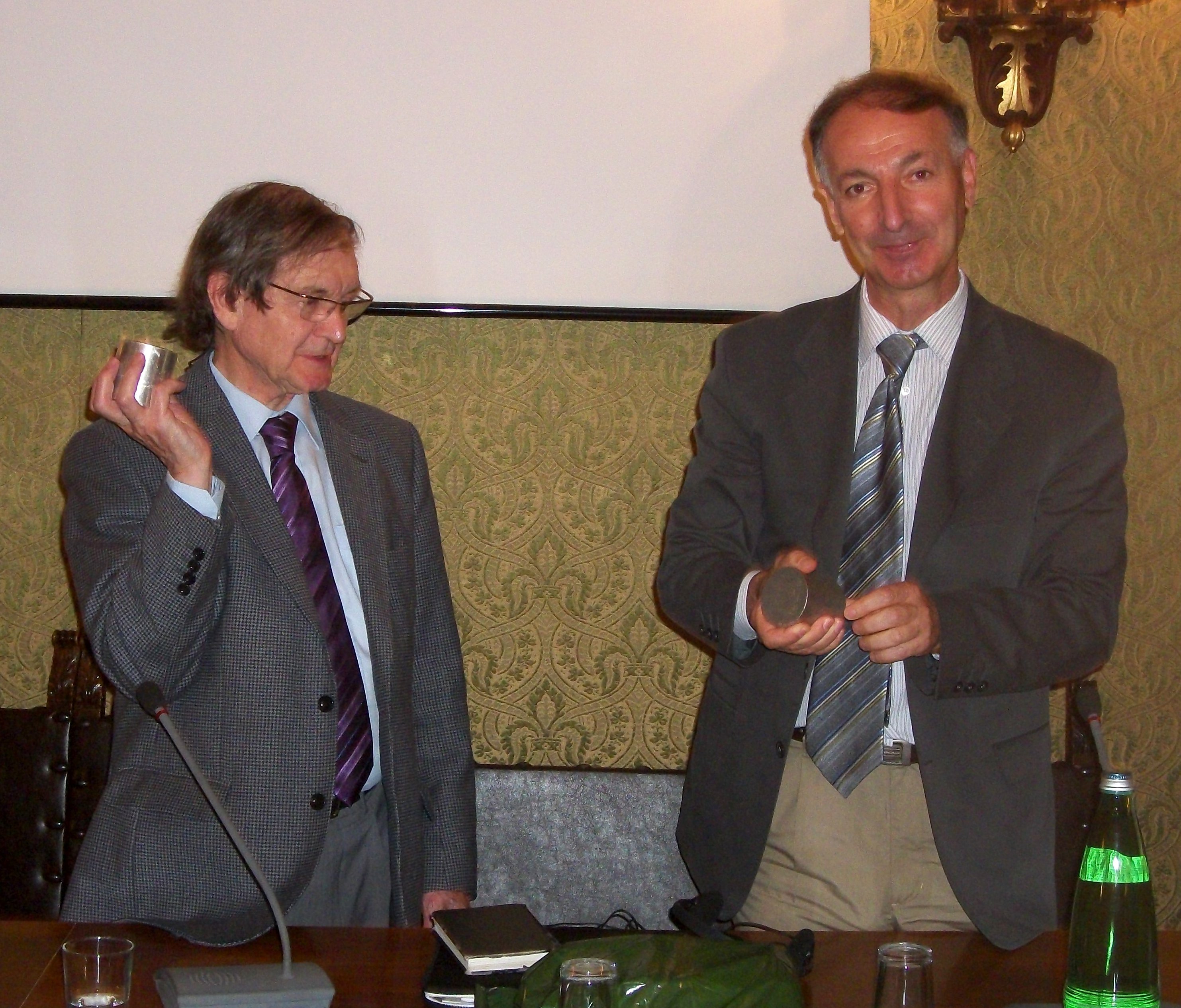
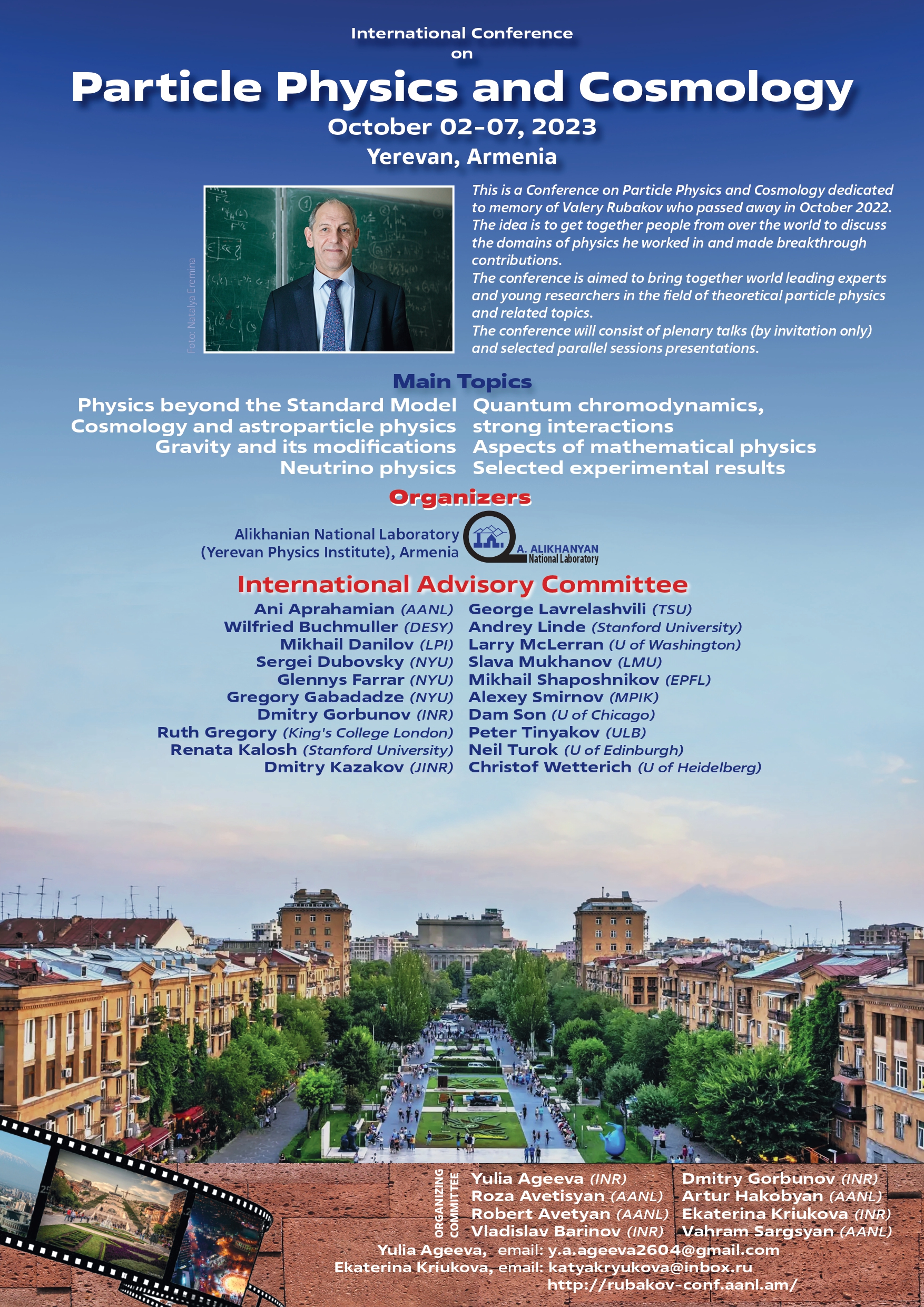
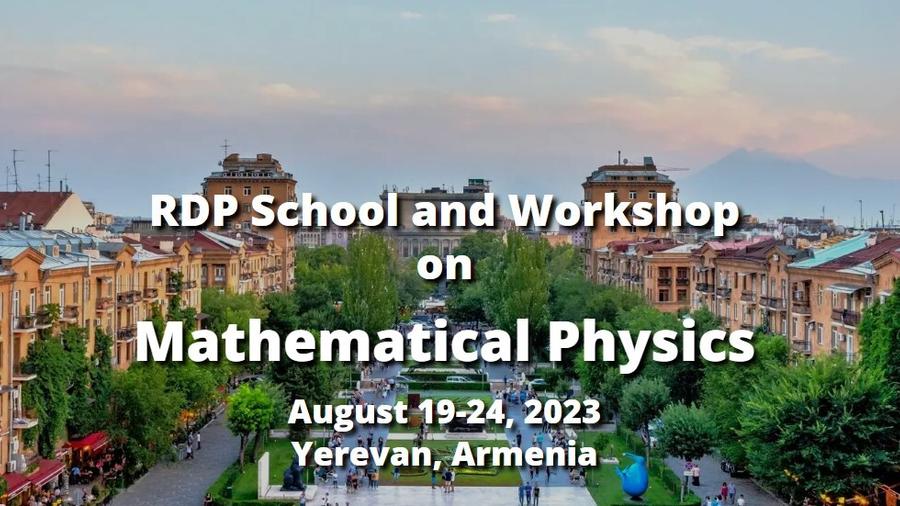
RDP School and Workshop on Mathematical Physics
Published 18/08/2023
AANL HOSTS REPRESENTATIVES OF THE ARMENIAN MEDICAL INTERNATIONAL COMMITTEE (AMIC)
Published 18/07/2023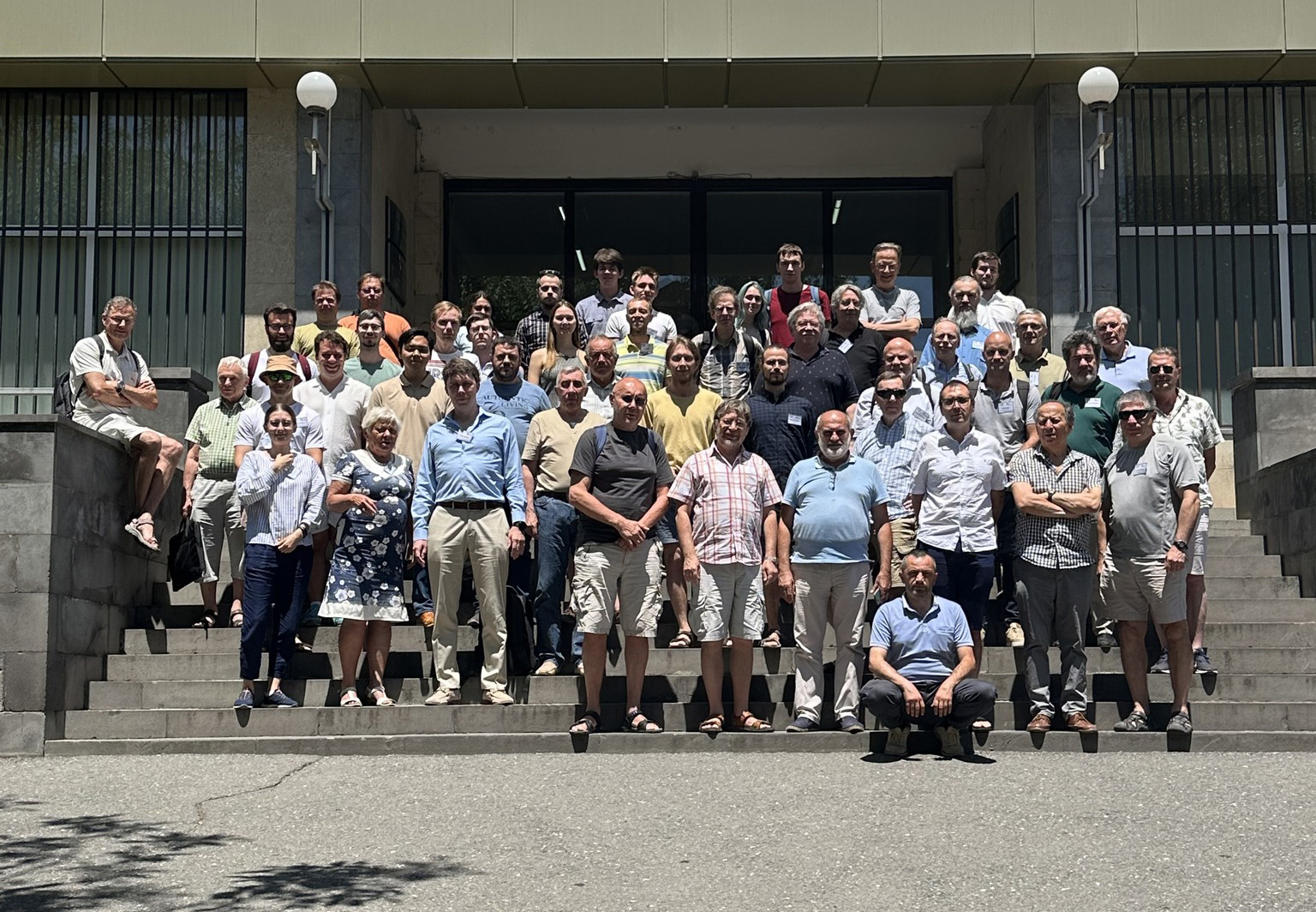
CONFERENCE DEDICATED TO THE 115TH ANNIVERSARY OF LEV LANDAU
Published 16/06/2023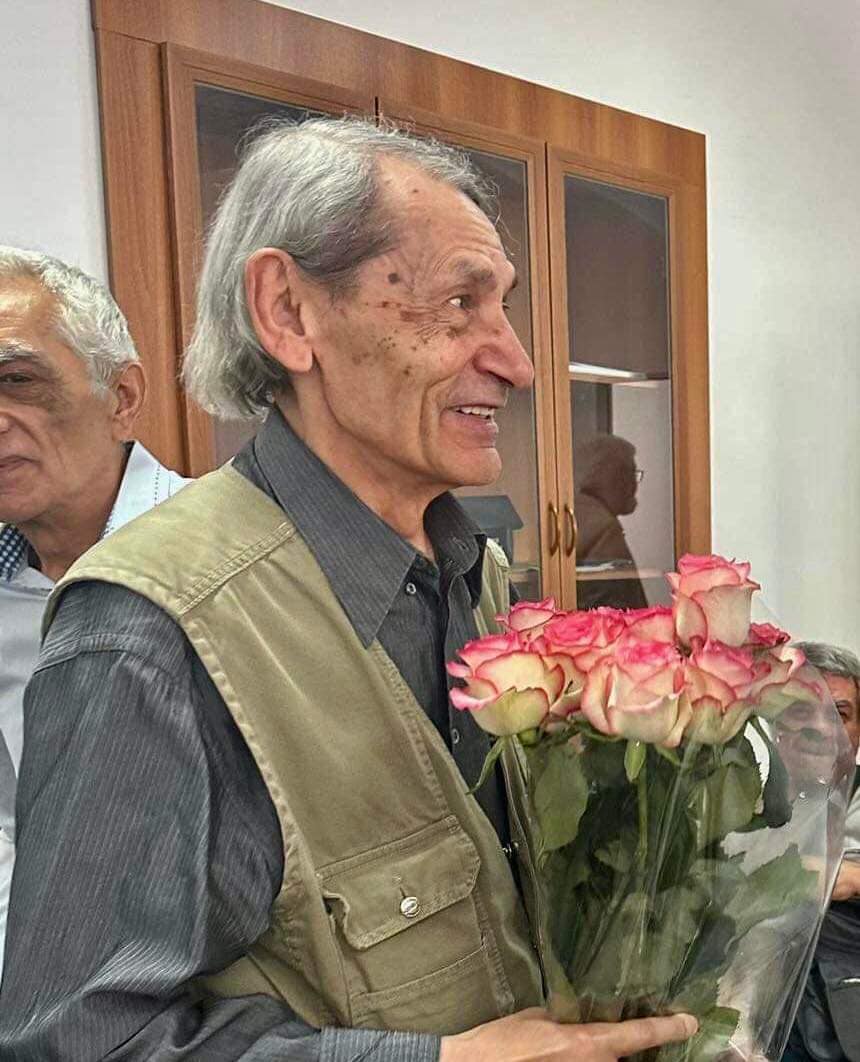
ANNIVERSARY CONGRATULATION TO HONORABLE MR. GULKANYAN
Published 12/06/2023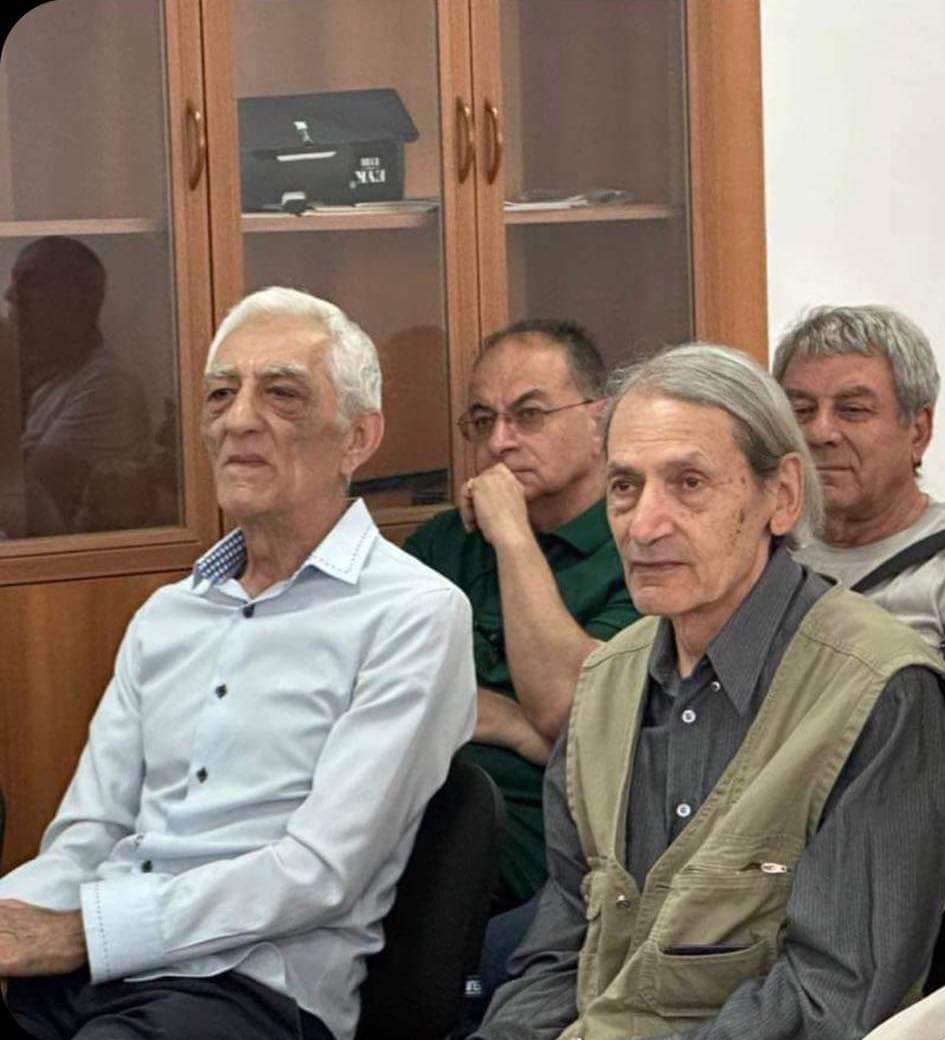
CONFERENCE DEDICATED TO THE 80TH ANNIVERSARY OF HRANT GULKANYAN
Published 08/06/2023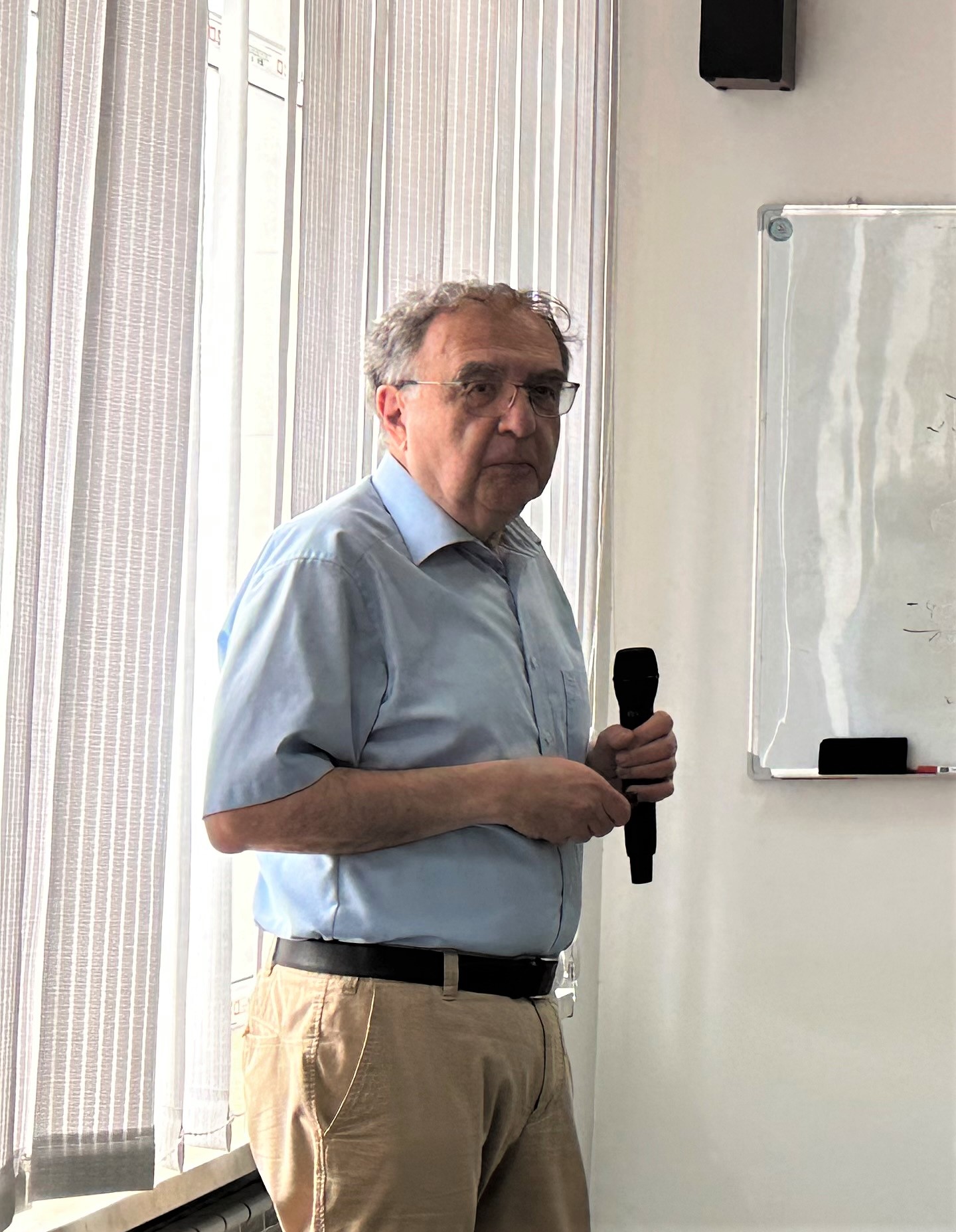
 (1).png)
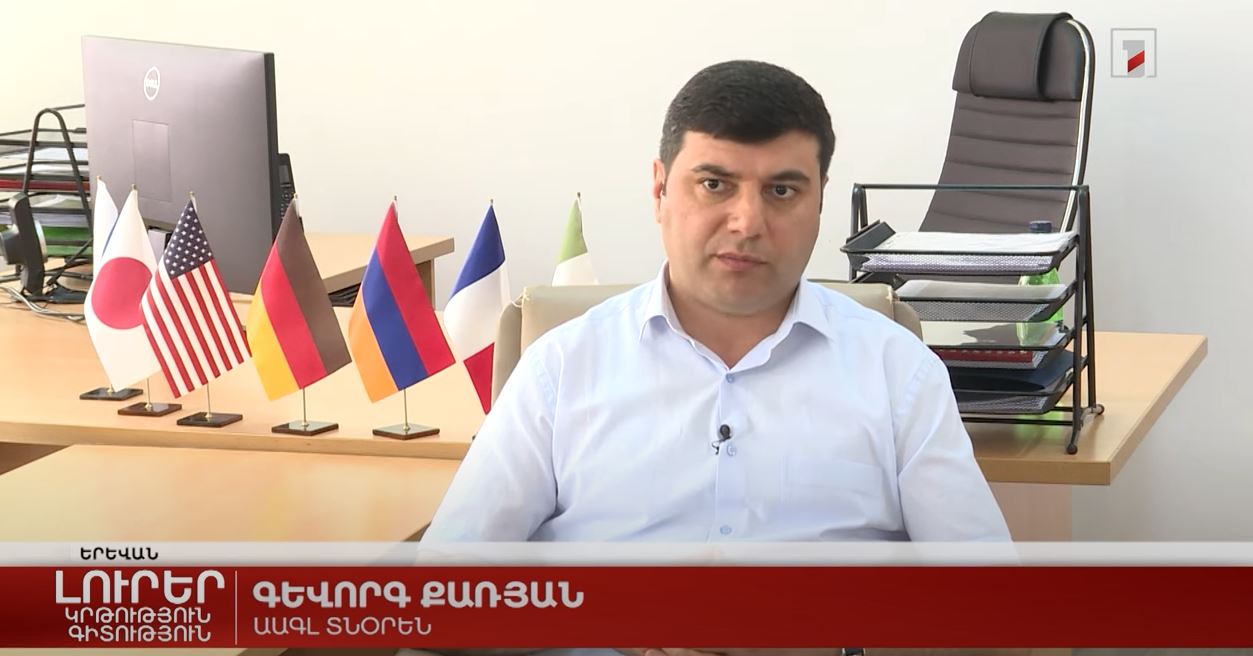
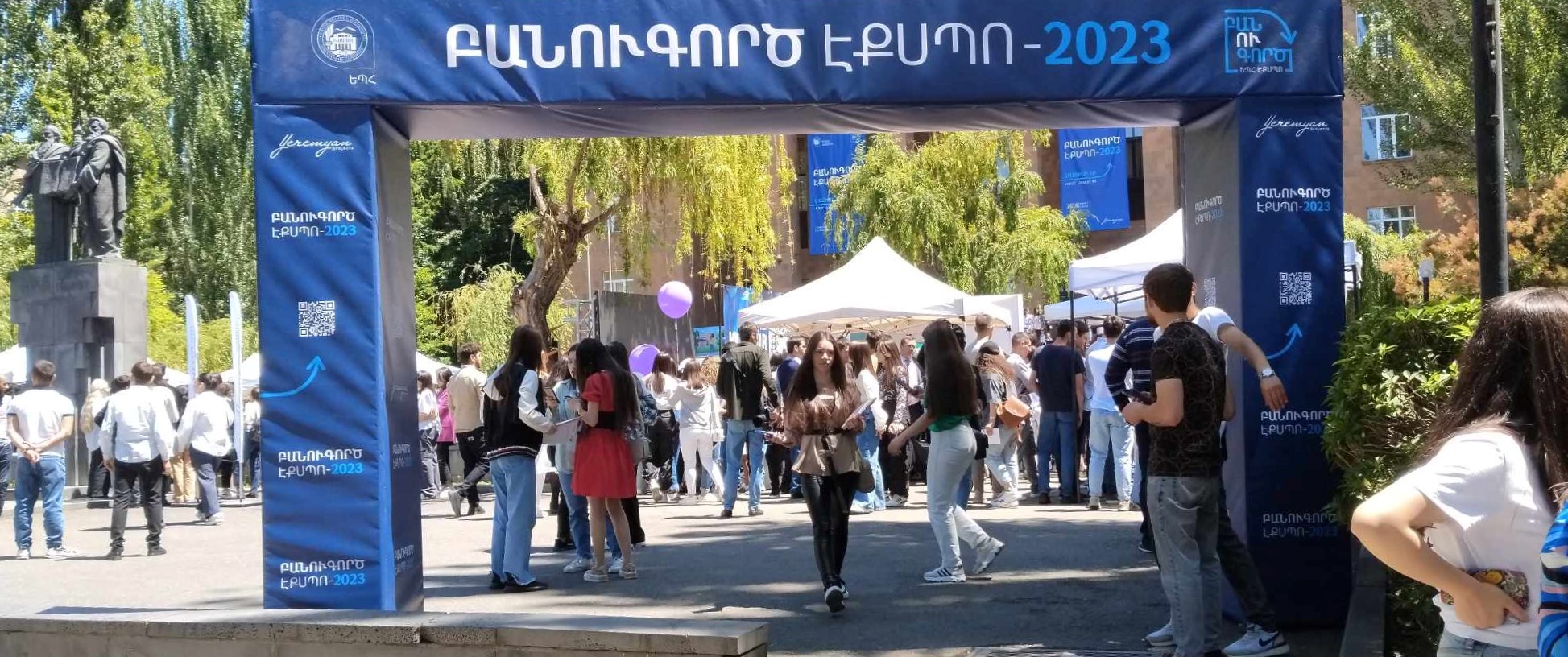
AANL AT «BanUGorts YSU EXPO-2023» EXHIBITION
Published 18/05/2023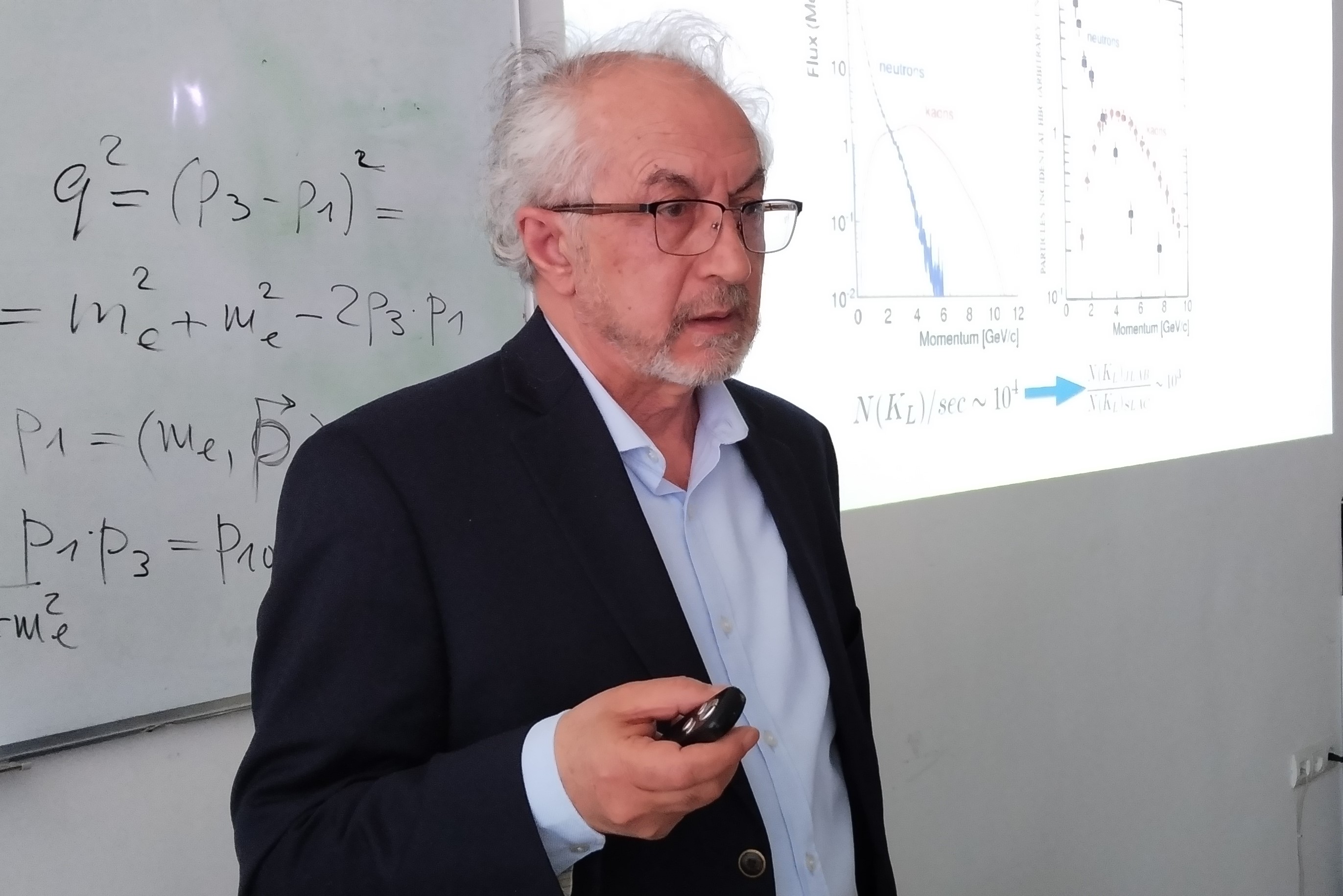
SEMINAR BY PROFESSOR MOSKOV AMARYAN AT AANL
Published 17/05/2023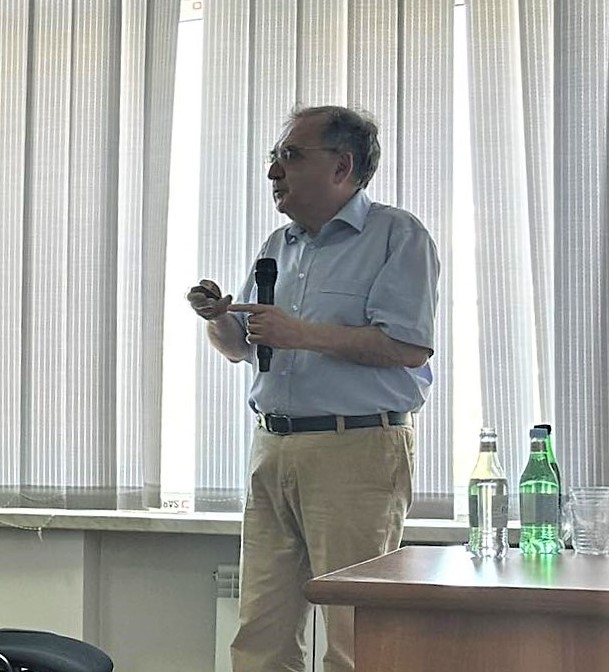

"FIRST ARMENIAN SATELLITE LAUNCHED INTO SPACE", reports the Public TV of Armenia
Published 15/05/2023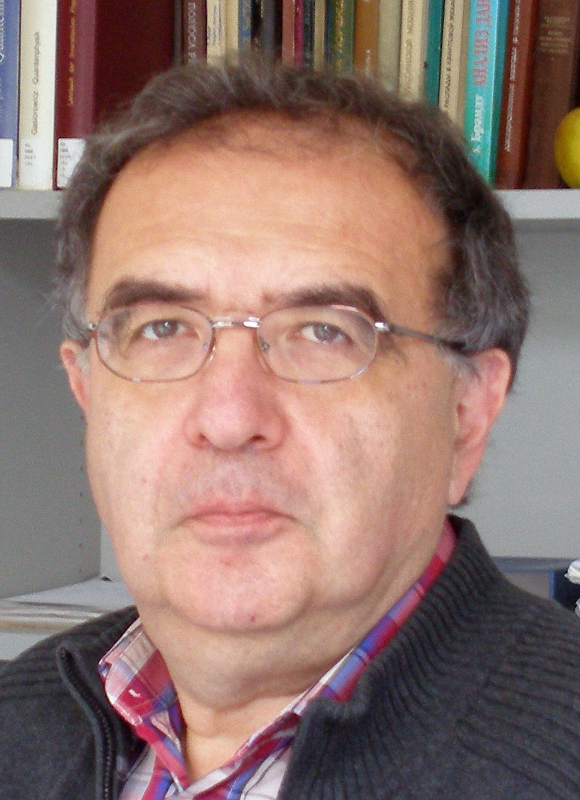
.jpg)
COLLABORATION WORKSHOP ON RADIO-FREQUENCY TIMER
Published 08/05/2023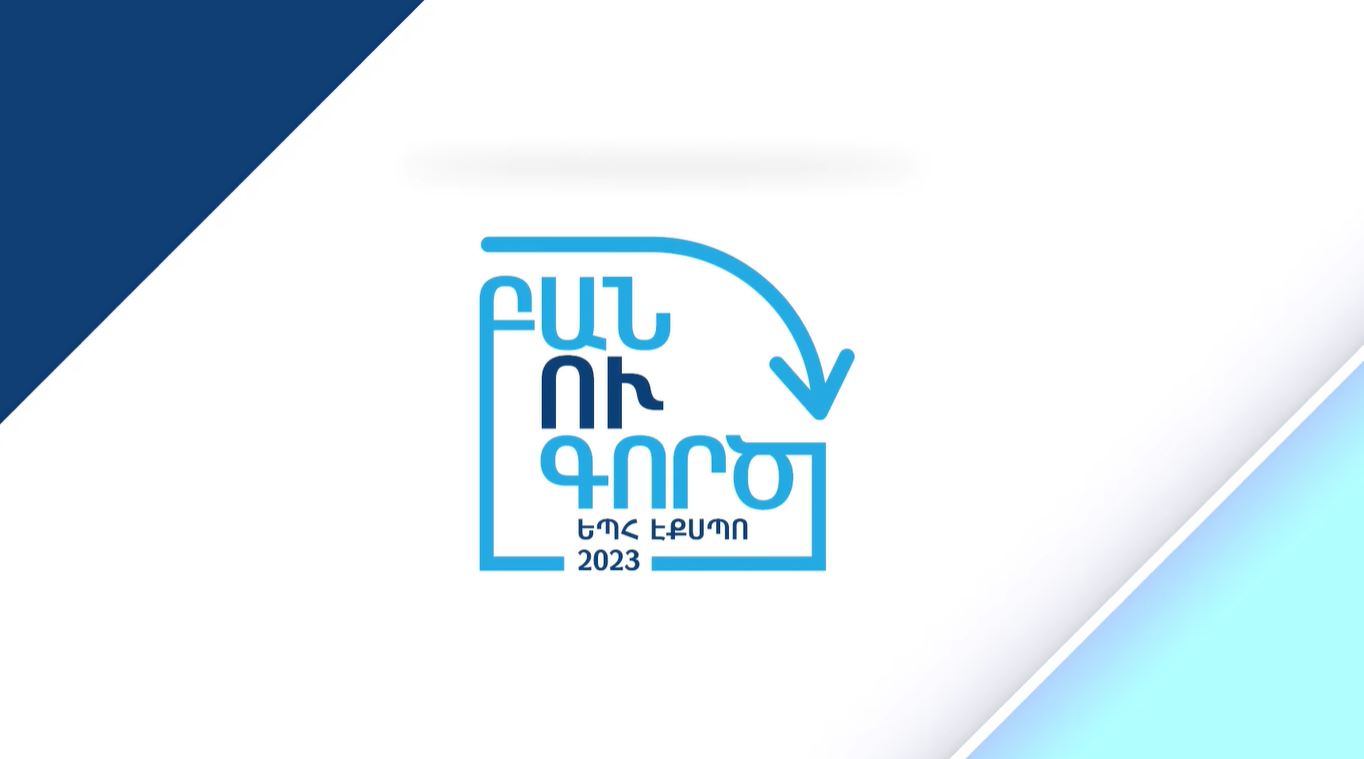
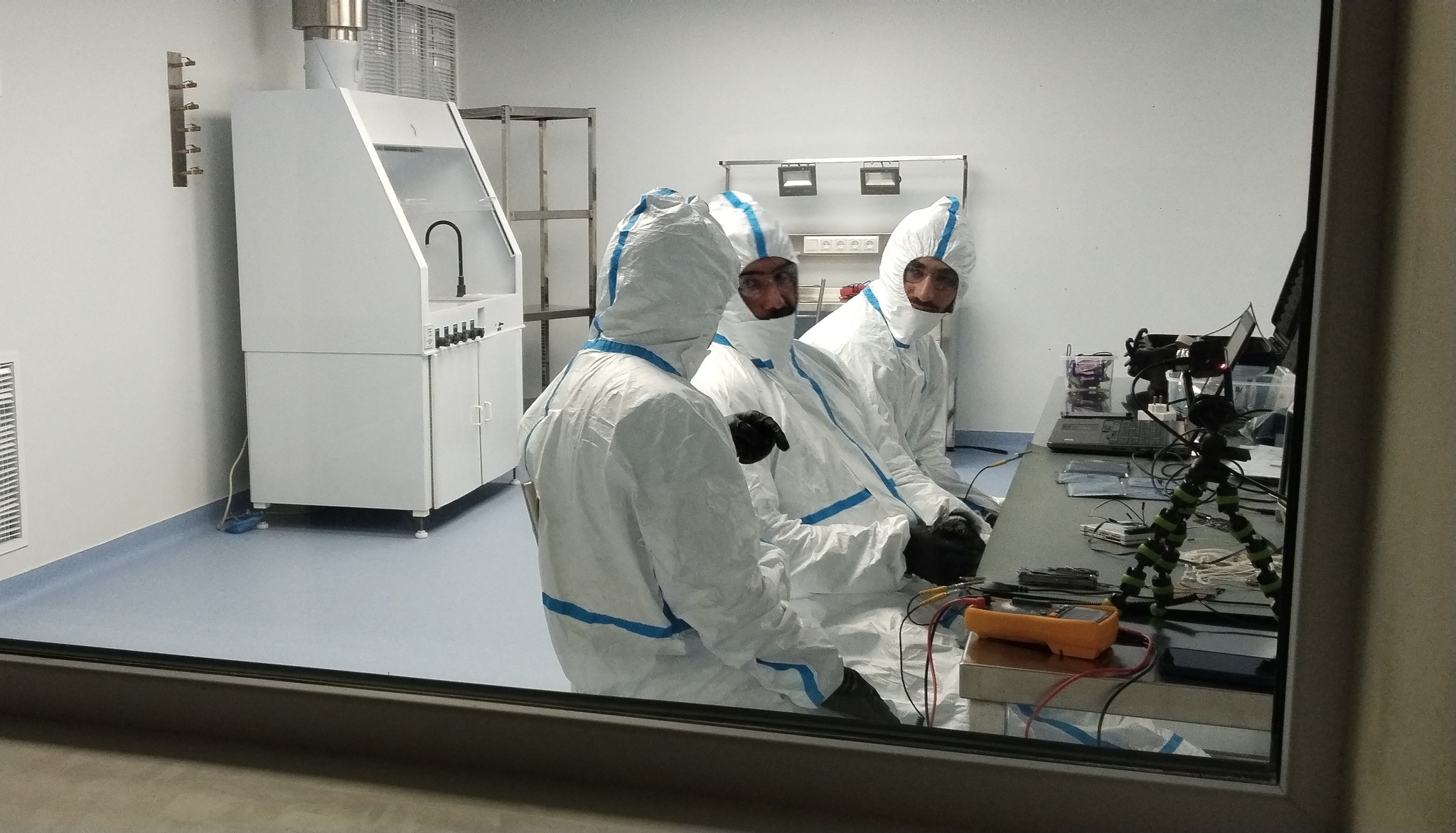
BAZOOMQ ENGINEERS CARRY OUT SCIENTIFIC AND TECHNICAL WORK IN THE CLEAN ROOM
Published 08/05/2023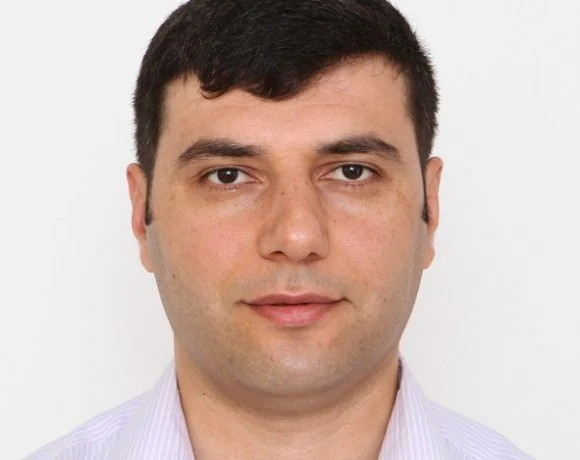
GEVORG KARYAN IS THE NEW DIRECTOR OF THE ALIKHANYAN NATIONAL SCIENCE LABORATORY
Published 05/05/2023
COLLABORATION WORKSHOP AT AANL
Published 02/05/2023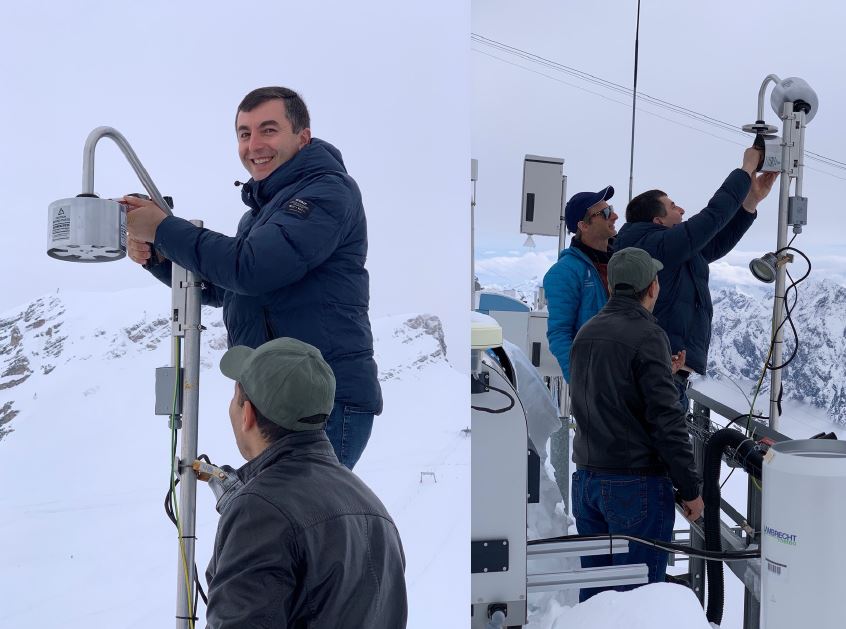
.jpg)
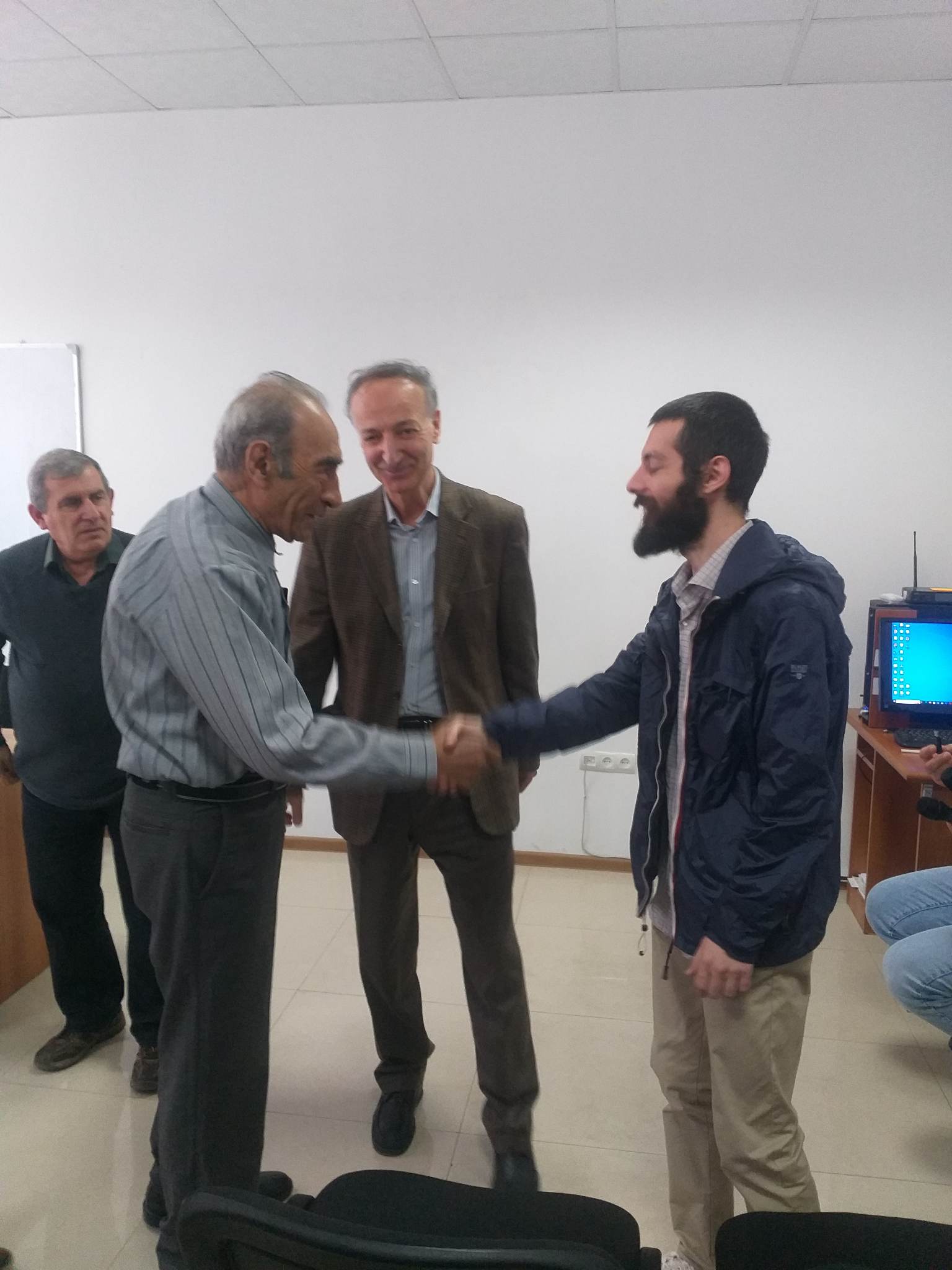
PhD DEFENSE
Published 26/04/2023.jpg)
CALL FOR SCHOLARSHIP APPLICATION
Published 26/04/2023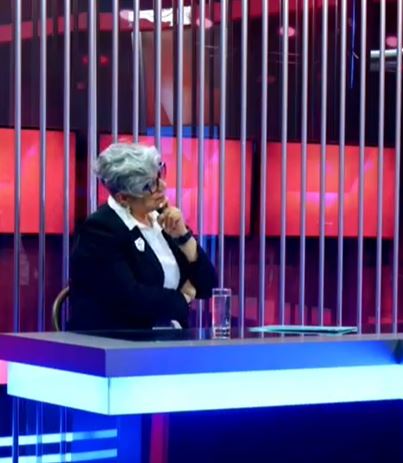
WE ARE COMPETITIVE WORLDWIDE. YET WE COULD DO MORE
Published 21/04/2023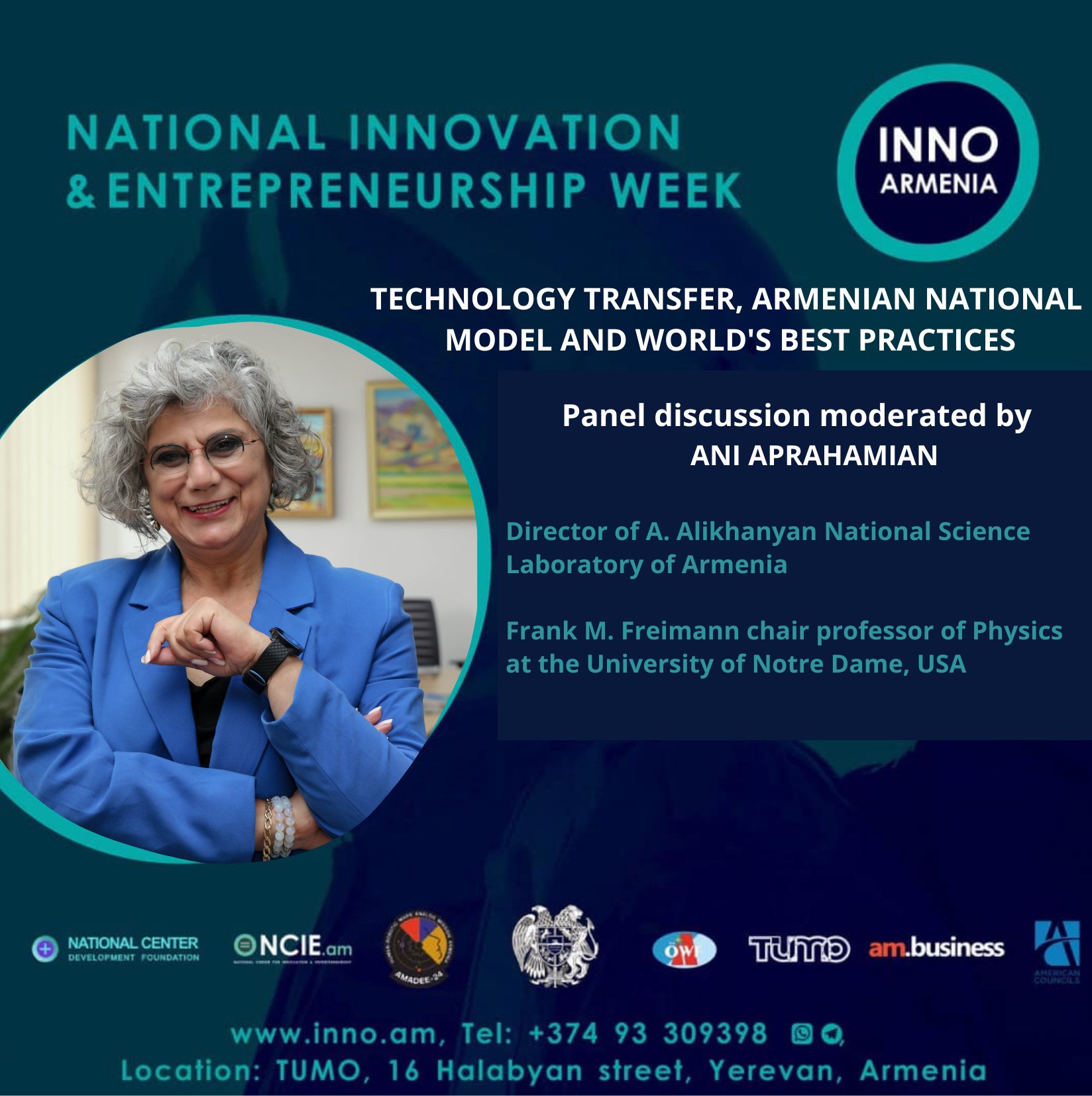
AANL DIRECTOR, PANEL DISCUSSION MODERATOR AT THE
Published 20/04/2023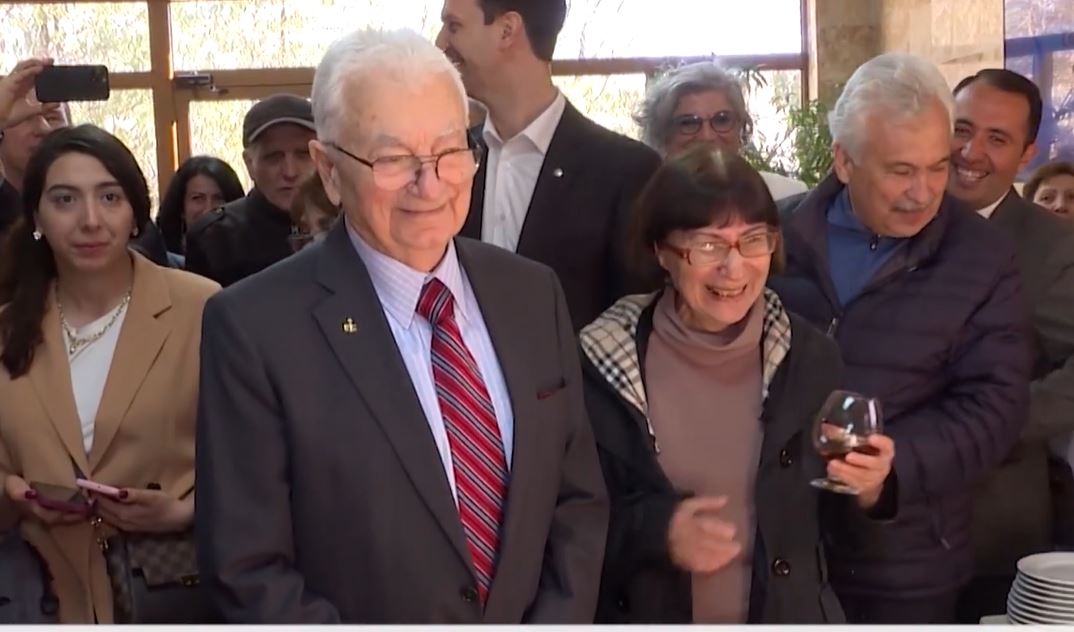
90th birthday of Yuri Hovhannisyan
Published 18/04/2023COMPETITION FOR FILLING THE VACANCY POSITION OF AAGL MANAGING DIRECTOR
Published 10/03/2023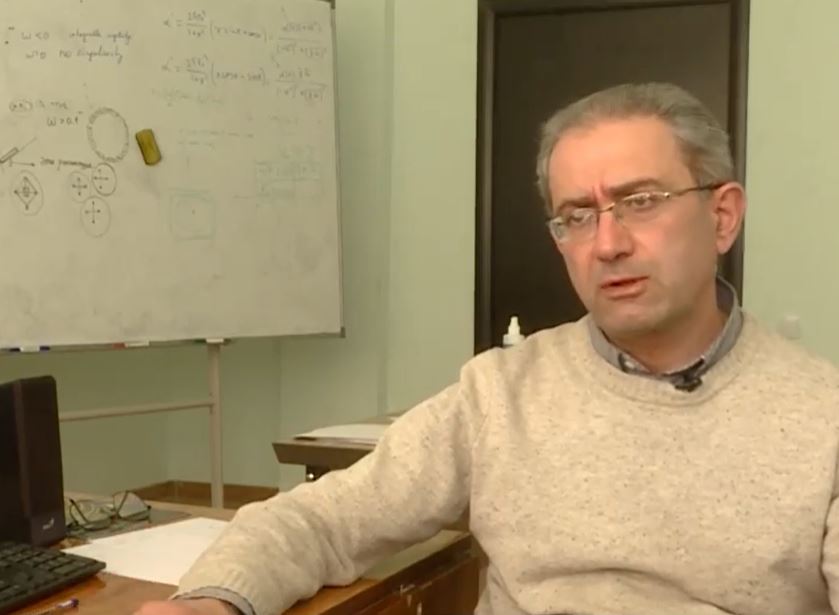
.jpg)
WORKSHOP DEDICATED TO THE 60TH ANNIVERSARY OF RUBEN MANVELYAN
Published 09/03/2023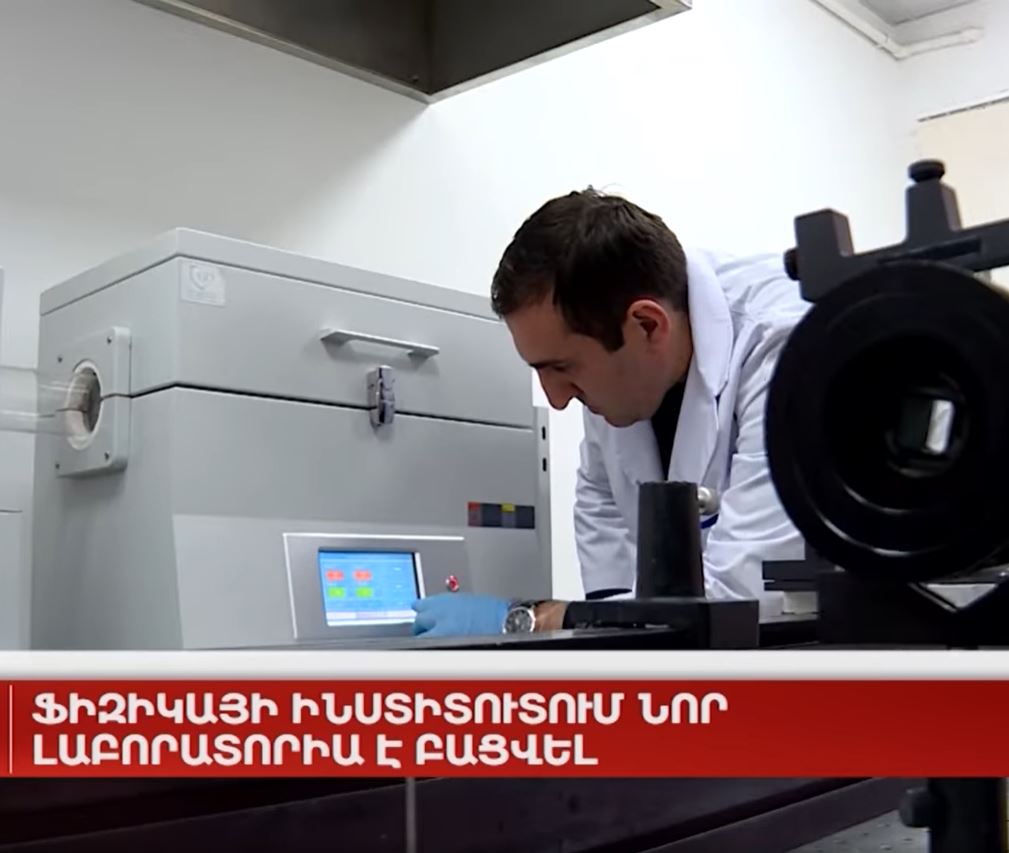
AANL SUMMARIZES THE PAST YEAR
Published 07/03/2023

PROPERTIES OF GRAPHENE
Published 06/03/2023
11 OF FEBRUARY IS THE INTERNATIONAL DAY OF WOMEN AND GIRLS IN SCIENCE!
Published 06/03/2023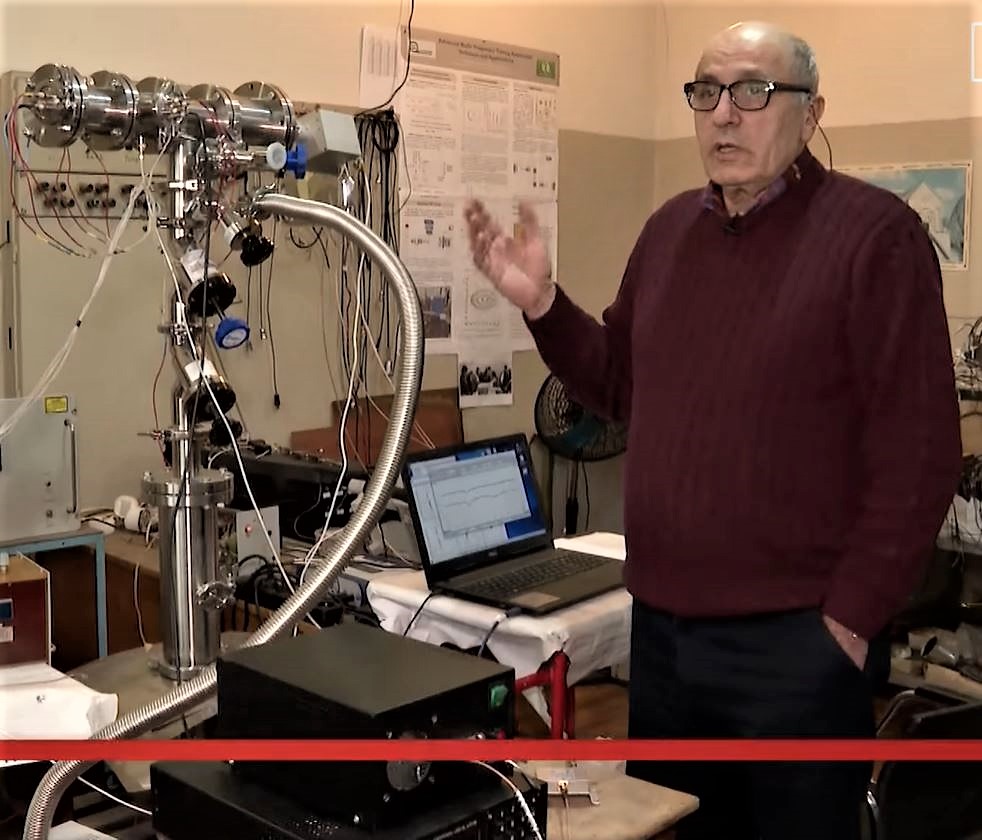
Scientists of the AANL Experimental Department in International Projects
Published 03/03/2023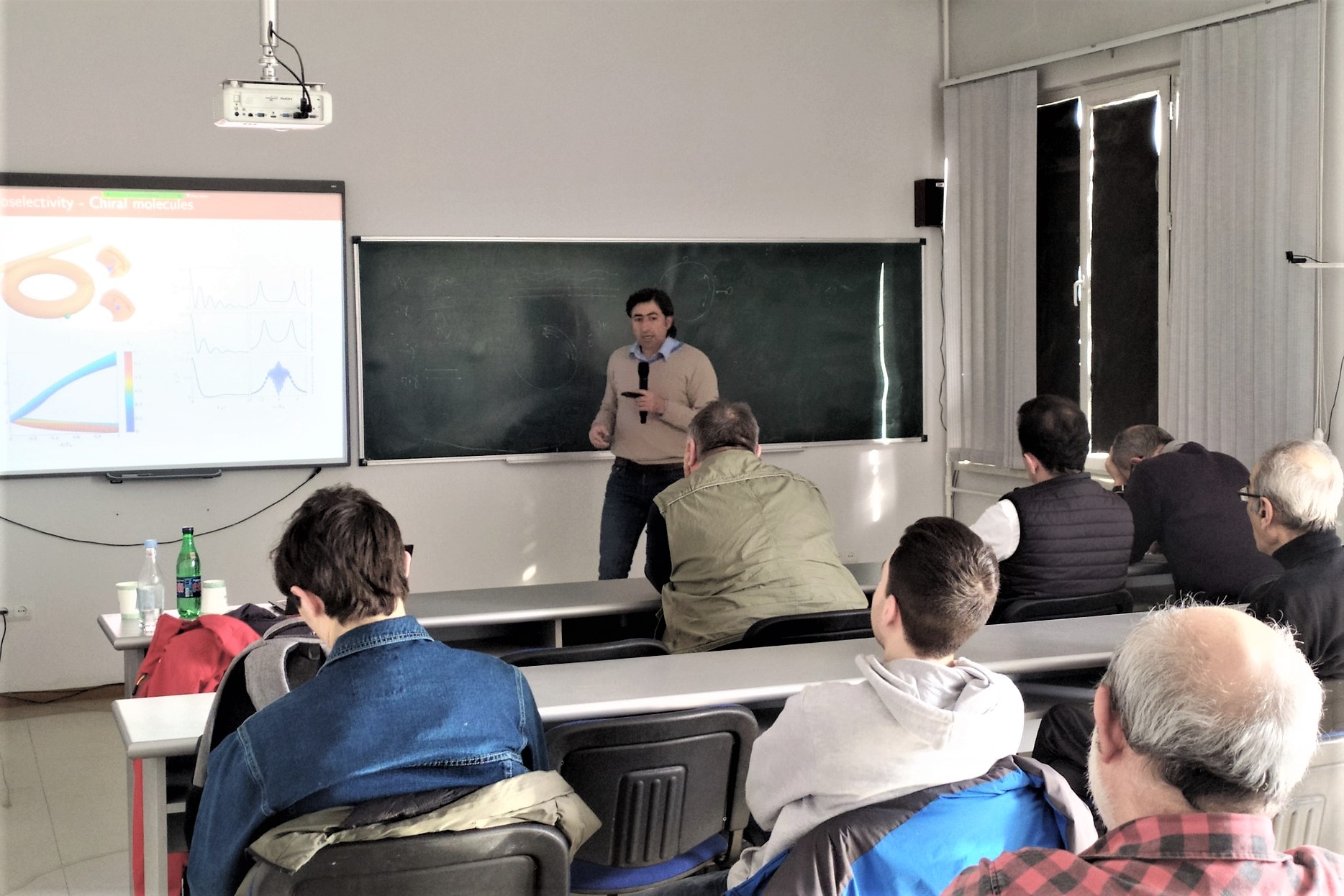
SEMINAR ON NON-HERMITIAN PHOTONICS AT AANL
Published 03/03/2023
V MATINYAN SEMINAR
Published 22/01/2023
IV MATINYAN SEMINAR
Published 22/01/2022
III MATINYAN JUBILEE SEMINAR
Published 22/01/2021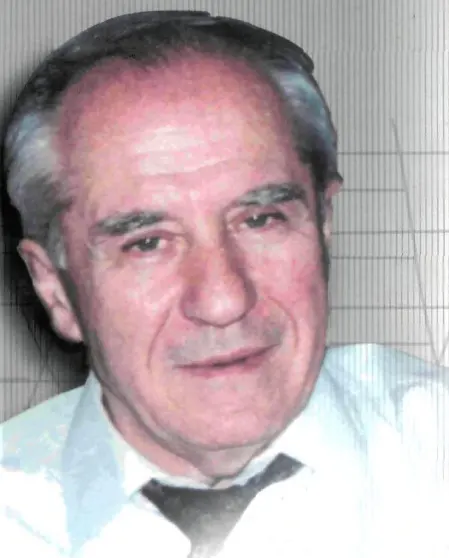
II MATINYAN ANNUAL SEMINAR
Published 22/01/2020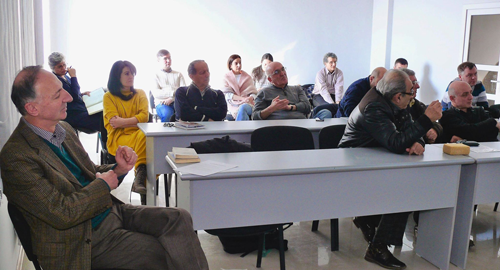
I MATINYAN MEMORIAL SEMINAR
Published 22/01/2019January 08
January 22
January 08
September 11
April 17
January 09
January 08
January 08
January 08
January 18


"FIRST ARMENIAN SATELLITE LAUNCHED INTO SPACE", reports the Public TV of Armenia
Published 15/05/2023
WE ARE COMPETITIVE WORLDWIDE. YET WE COULD DO MORE
Published 21/04/2023.jpg)
THE DAY WITH THE SCIENTIST. STUDENTS LIVE THE
Published 18/04/2023
90th birthday of Yuri Hovhannisyan
Published 18/04/2023
THE OPENING CEREMONY OF THE 1000-CLASS «CLEAN ROOM»
Published 18/04/2023
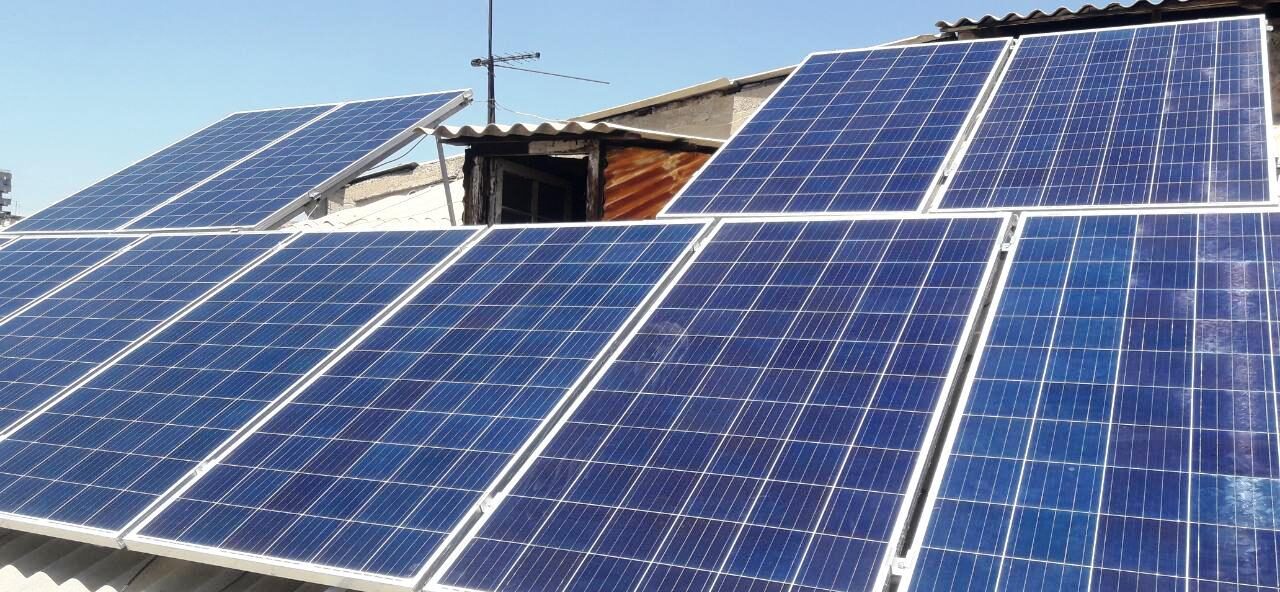
Advantages and disadvantages of perovskite
Published 06/03/2023
Scientists of the AANL Experimental Department in International Projects
Published 03/03/2023


